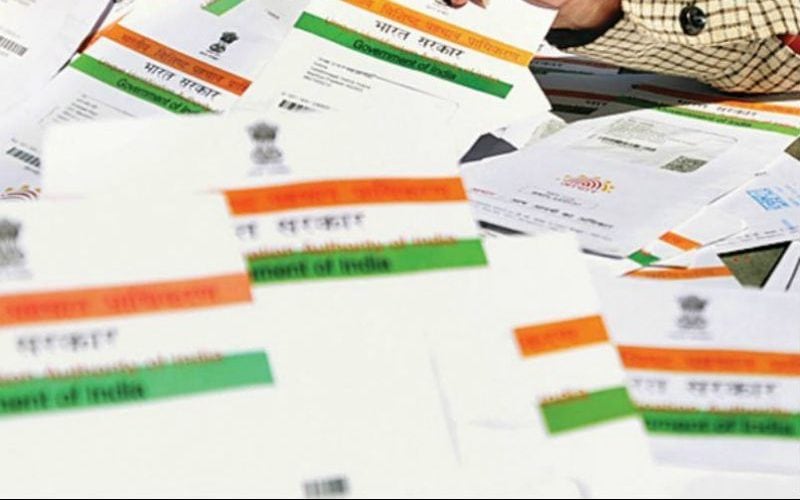NEW DELHI: In a landmark verdict, the Supreme Court on Wednesday upheld the constitutional validity of Aadhaar and said that it empowers the marginalized sections of the society.
Here are the services where Aadhaar is not required:
Linking of Aadhaar with Mobile- Not mandatory:
– Users no longer need to produce their Aadhaar number for procuring SIM cards and for mobile phone connections.
Linking of Aadhaar with bank accounts – Not mandatory:
You don’t need an Aadhaar number for opening a new bank account. The need to link your bank account with your Aaadhar number has been done away with.
Aadhaar details needed for school admissions – Not mandatory:
The 12-digit unique identification number need not be produced at the time of school admissions.
“Aadhaar can’t also be insisted for admission to schools. For the enrolment of children, the consent of parents would be essential,” Justice Sikri stated in the judgment.
For entrance exams – Not mandatory
For enrollment in exams of Central Board of Secondary Examination (CBSE), National Eligibility cum Entrance Test (NEET) and UGC, students do not require Aadhaar number.
Private companies can’t seek Aadhaar data:
Supreme Court has struck down Section 57 of the Aadhaar Act, hence private companies can no longer ask for a consumer’s Aadhaar details.
-Aadhaar not required for financial services like PPF, NSC
Here are the services where Aadhaar is required:
Linking of Aadhaar with PAN card – Mandatory
The linkage of Aadhaar and PAN remains mandatory. PAN is a 10-digit alphanumeric number issued to assessees by the Income Tax Department.
Linking of Aadhaar with IT returns- Mandatory
Aadhaar will be required for filing income tax returns (ITRs).
For availing government subsidies and welfare schemes – Mandatory.
Aadhaar will be mandatory for availing government welfare services like MGNREGA, PDS and LPG subsidies.
– The court also asserted that the Aadhaar card will not be provided to illegal migrants.
A five-judge Constitution Bench headed by Chief Justice Dipak Misra and comprising Justices A K Sikri, AM Khanwilkar, D Y Chandrachud, and Ashok Bhushan passed the landmark verdict on a batch of petitions challenging the constitutional validity of Aadhaar and its enabling Act.
The judgment was passed with a 4: 1 majority with Justice D Y Chandrachud’s having a dissenting view. He stated that Aadhaar may possibly lead to profiling of voters.
The bench had reserved the judgment in the matter on May 10 after a long-standing hearing that went on for nearly 38 days, spanning over four months.
The challenges against Aadhaar had started even before the law came into existence in 2016. At least 31 petitions, including one by former High Court judge KS Puttaswamy, have been filed in the matter.
During the course of the hearing the court, on March 13, had indefinitely extended the deadline for linking Aadhaar with bank accounts and mobile phone numbers.
With agency inputs

